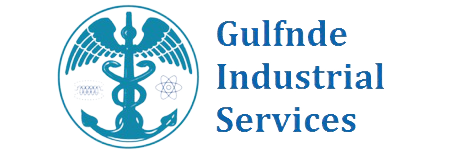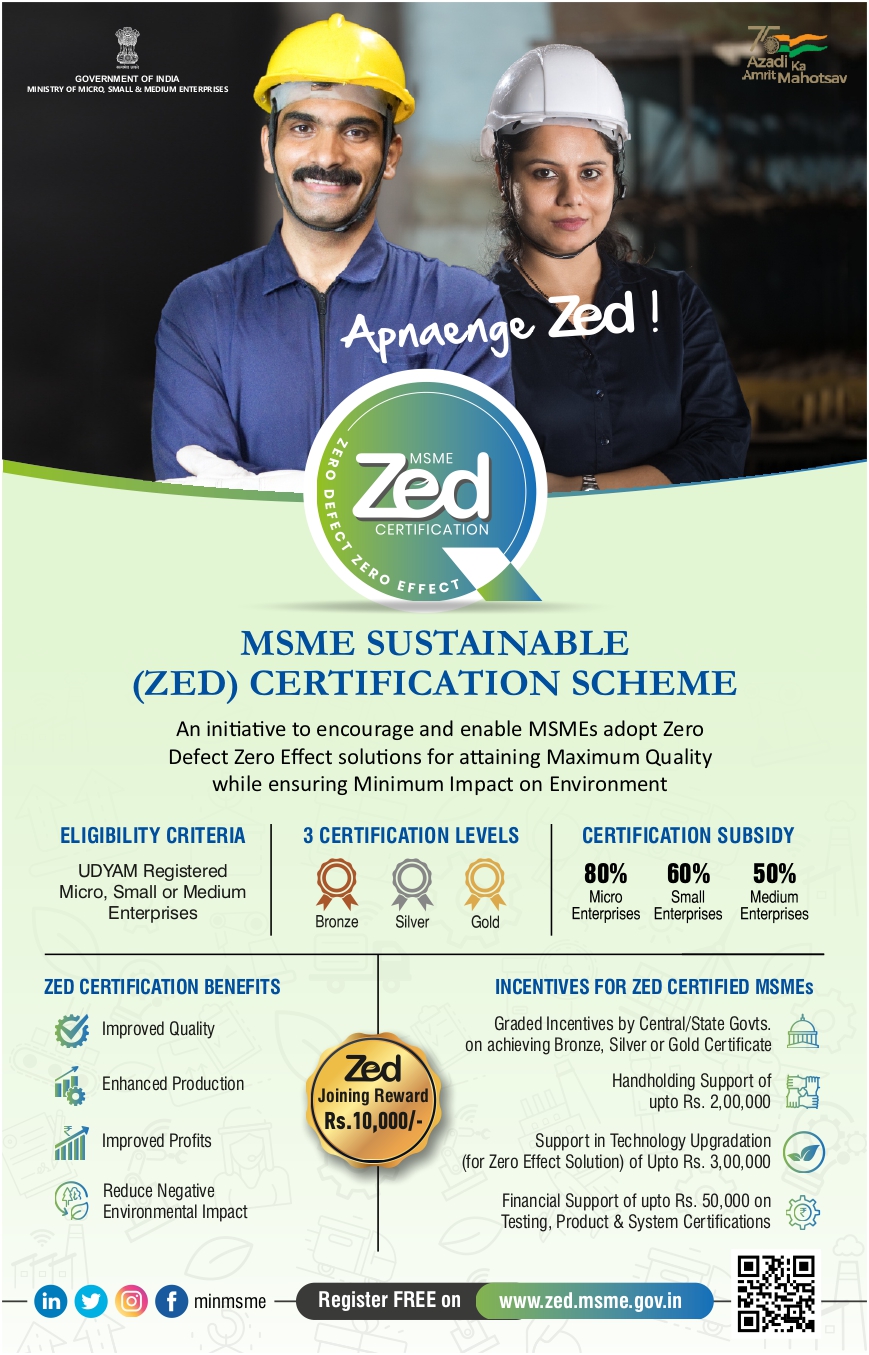ISO 9000 is a set of international standards that outline the requirements for a quality management system (QMS). As part of implementing a QMS based on ISO 9000, organizations will need to create and manage documentation that includes questions and answers related to the standard. Below are some common questions and answers related to ISO 9000:
Q: What is ISO 9000?
A: ISO 9000 is a set of international standards that outline
the requirements for a quality management system. The standards were developed
by the International Organization for Standardization (ISO) and are widely used
by organizations around the world.
Q: What are the benefits of implementing ISO 9000?
A: Implementing ISO 9000 can
help organizations to improve their quality management system, reduce defects
and errors, and enhance customer satisfaction. It can also help organizations
to increase their efficiency, reduce costs, and improve their competitive
advantage.
Q: What are the key requirements of ISO 9000?
A: The key requirements of ISO 9000
include the implementation of a quality management system, a focus on customer
satisfaction, a commitment to continuous improvement, the use of data-driven
decision making, and the establishment of clear performance metrics and
objectives.
Q: How can an organization prepare for an ISO 9000 audit?
A: To prepare for an ISO
9000 audit, an organization should conduct a thorough internal audit of their
quality management system, identify any non-conformances, and develop a plan to
address them. They should also ensure that all employees are trained on the
requirements of the standard, and that all necessary documentation is in place.
Q: What is the role of top management in implementing ISO 9000?
A: Top management
plays a critical role in implementing ISO 9000. They are responsible for establishing
a culture of quality within the organization, setting objectives and targets,
providing resources and support for the quality management system, and ensuring
that the system is effectively implemented and maintained.
Q: What is the process approach in ISO 9000?
A: The process approach is a key
feature of ISO 9000. It involves managing the organization's activities and
processes as a system, with a focus on understanding and improving the
interactions between different processes. This approach helps to identify
opportunities for improvement and to ensure that the organization's objectives
are met.
Q: How does ISO 9000 address risk management?
A: ISO 9000 requires organizations
to implement a risk-based approach to quality management. This involves identifying
potential risks and opportunities, assessing their likelihood and impact, and
taking appropriate actions to address them. The standard also requires
organizations to establish a risk management process that is integrated with
their quality management system.
Q: What is the difference between ISO 9000 and ISO 9001?
A: ISO 9000 is a set of
standards that outline the requirements for a quality management system, while
ISO 9001 is a specific standard that provides the requirements for
certification. ISO 9001 includes all the requirements of ISO 9000, as well as
additional requirements for certification, such as the need for a documented
quality manual and a formal process for corrective action.


